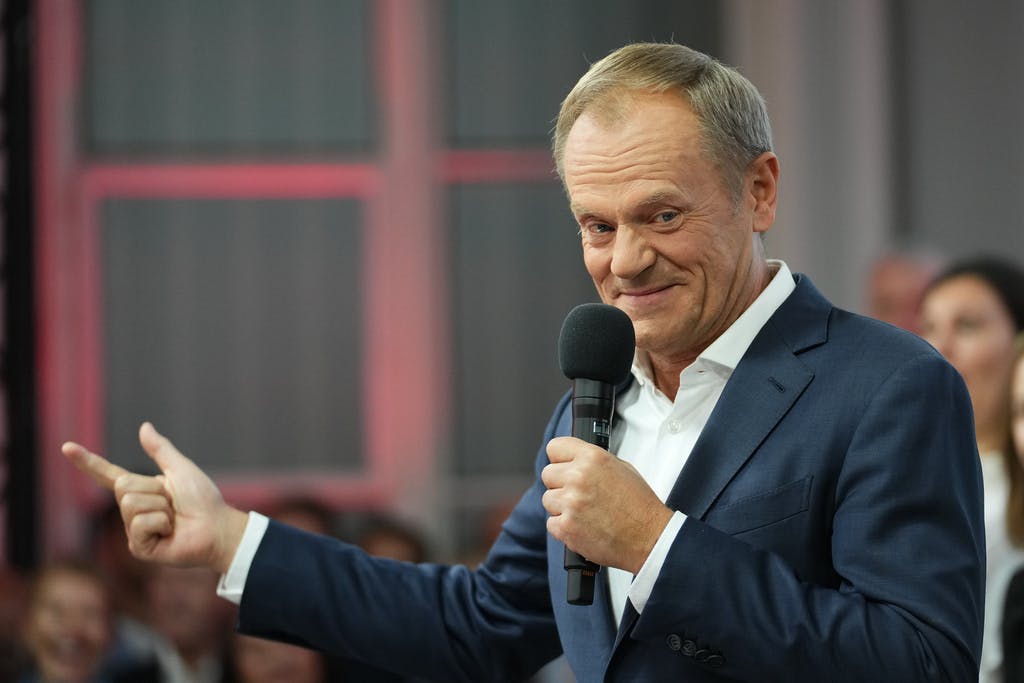
Restaurant Industry Pushes for Immigration Reform Citing ‘Chaos’ From Trump Enforcement Drive
By LUKE FUNK
|His political opponents in Poland have long rejected the idea of a centralized Europe and the primacy of EU over national laws — so-called ‘European sovereignty.’

Already have a subscription? Sign in to continue reading

By LUKE FUNK
|
By A.R. HOFFMAN
|
$0.01/day for 60 days
Cancel anytime
By continuing you agree to our Privacy Policy and Terms of Service.
By ROSARIO IACONIS